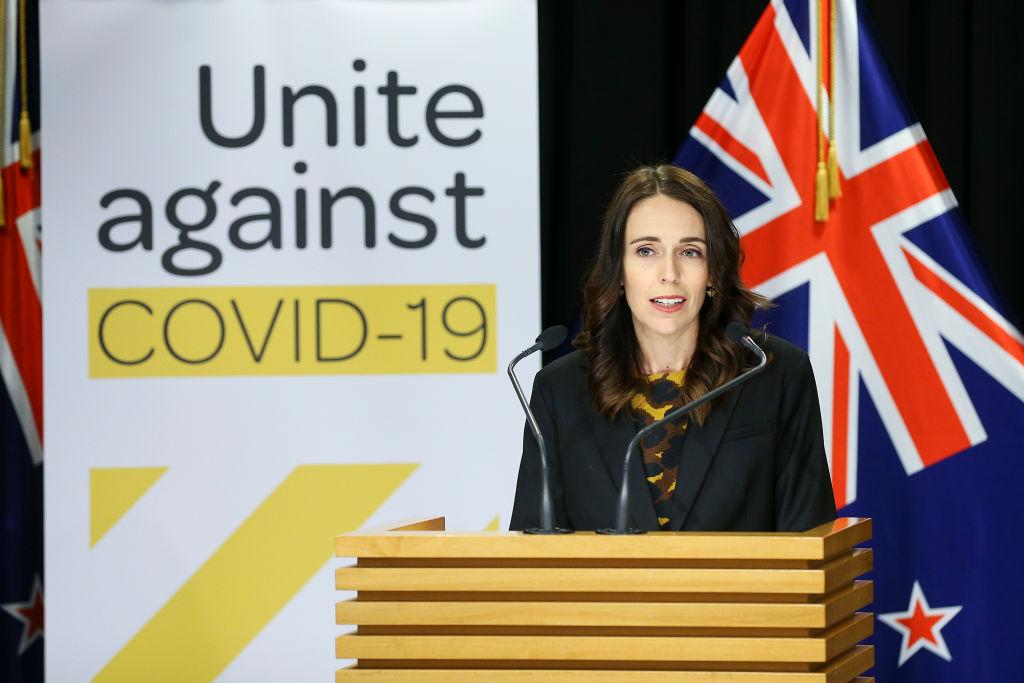New Zealand will be retiring its COVID-19 traffic light system and significantly scaling down COVID restrictions from Sept. 13 so Kiwis could “move forward with certainty,” Prime Minister Jacinda Ardern announced.
“It’s time to safely turn the page on our COVID-19 management and live without the extraordinary measures we have previously used,” Ardern said, calling it a “milestone.”





